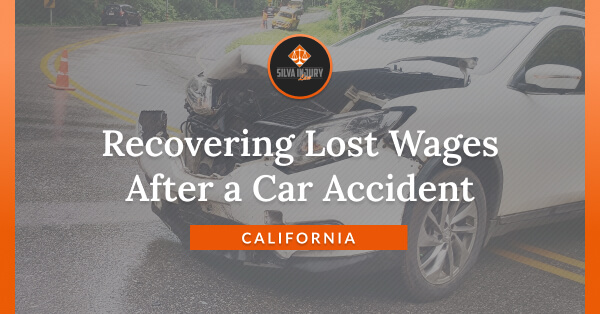
Understanding your rights to recover lost wages after a car accident can be as crucial as healing from your physical injuries. Whether your ability to work has been wholly or partially impacted, securing compensation for lost income can help you maintain financial stability.
To successfully claim lost wages in California, you must provide clear and convincing evidence of your losses in your demand. That typically involves submitting recent pay stubs, a letter from your employer detailing your regular earnings, and possibly even your tax returns. Legal standards require thorough documentation.
Therefore, gathering all relevant information as soon as possible after the accident is essential.
This post delves into the nuances of how lost wage and earning capacity claims are treated under California law. It offers vital insights for anyone facing the daunting challenge of reclaiming their financial footing post-accident.
Contact our California car accident lawyers for a free consultation by calling (209) 600-4389 or filling out our online form today.
Understanding Lost Wages and Earning Capacity
Lost wages refer to the actual earnings you have lost as a direct result of your injury from the collision. This amount can include not only the salary you would have earned had you been able to work but also missed opportunities. Examples include overtime, bonuses, and other forms of compensation.
On the other hand, loss of earning capacity goes a step further—it represents the decrease in your ability to earn in the future because of long-term injuries or disability caused by the accident.
Both types of damages are a crucial part of a comprehensive claim. Substantial evidence will allow you to sue for loss of wages and future earning capacity. A car accident lost wages claim is about immediate losses and securing your financial future if your earning potential has been affected.
Who Pays for Lost Wages in a Car Accident?
In California, the party at fault for the accident is typically responsible for compensating the injured party. That means that the at-fault party’s insurance company is generally the one who pays for lost wages.
However, there are scenarios where other sources, such as your own underinsured motorist coverage (UIM), may come into play if the at-fault driver does not have sufficient coverage.
Understanding the various insurance policies involved and their limits is crucial. If the at-fault party’s insurance is inadequate, you may need to seek compensation through your own UIM insurance or consider legal action against the at-fault party directly.
It’s advisable to consult with a personal injury lawyer who can assess all available insurance coverages and help ensure that you receive compensation from the correct sources.
How to Calculate Lost Wages
Calculating lost wages is relatively straightforward if you have a consistent pay history. You must compile your pay stubs, employment records, and other documentation proving your regular earnings. For salaried employees, this calculation involves multiplying your daily wage by the number of workdays missed due to the accident.
For hourly employees, it includes the hours missed at your standard hourly rate plus any overtime or special bonuses you were reasonably certain to receive.
The process can be more complex for those with irregular incomes, such as freelancers or commissioned salespeople. In these cases, averages based on previous months or years and any contracted future earnings lost due to the accident could be considered.
Maintaining thorough records and potentially seeking the assistance of an attorney and a financial expert is crucial to ensure that all potential earnings are accurately represented and claimed.
Proving Loss of Earning Capacity
Loss of earning capacity is a more nuanced and speculative calculation than straightforward lost wages. It requires a projection of your future earnings had the accident not occurred, which often involves expert testimony from economic specialists, vocational analysts, and medical professionals.
These experts will consider your age, skills, past employment, and the severity of your injuries to estimate the likely impact on your ability to earn in the future.
Documenting this claim involves detailed medical reports outlining the long-term impacts of your injuries, professional assessments of your job market prospects, and, often, comparisons with similar cases.
Successfully proving loss of earning capacity hinges on showing a clear link between the injuries sustained and the diminished earning ability, making it imperative to gather compelling, comprehensive evidence.
How to Get Lost Wages After an Accident
Initiating a claim for lost wages after a car accident involves several key steps. First, report the accident immediately to your employer and the responsible party’s insurance company. This timely notification is crucial for a smooth claims process.
Next, gather all necessary documentation, including medical records, proof of lost wages, and any correspondence related to your employment and earnings. This evidence will substantiate your claim and help quantify the accident’s economic impact.
Once your documentation is in order, send a demand to the insurance company of the party at fault. It’s important to understand that insurance adjusters will scrutinize claims for lost wages closely, making presenting clear and organized evidence essential.
You can sue for loss of wages within two years of the accident date if the insurance company doesn’t offer a settlement that adequately covers your lost wages. Hiring an experienced personal injury attorney can provide the guidance to navigate this complex process.
Contact a California Car Accident Lawyer at Silva Injury Law
Recovering lost wages after a car accident in California can be complex. Understanding your legal rights and options is the first step toward securing the compensation you deserve.
Whether dealing with a straightforward lost wages claim or more intricate calculations of loss of earning capacity, you must approach your claim with thorough documentation. Having the right California car accident lawyer representing you can also make a significant difference.
At Silva Injury Law, we are dedicated to helping accident victims navigate the challenges of personal injury claims. We help clients fight for the maximum compensation for their lost income and other damages.
Our experienced team is equipped to handle the most complex car accident cases, offering personalized support every step of the way.
Don’t hesitate to reach out if you’ve been injured and are unsure about your next steps. Contact us online or call (209) 600-4389 today to discuss your case and explore your options for recovering lost wages and other entitlements.

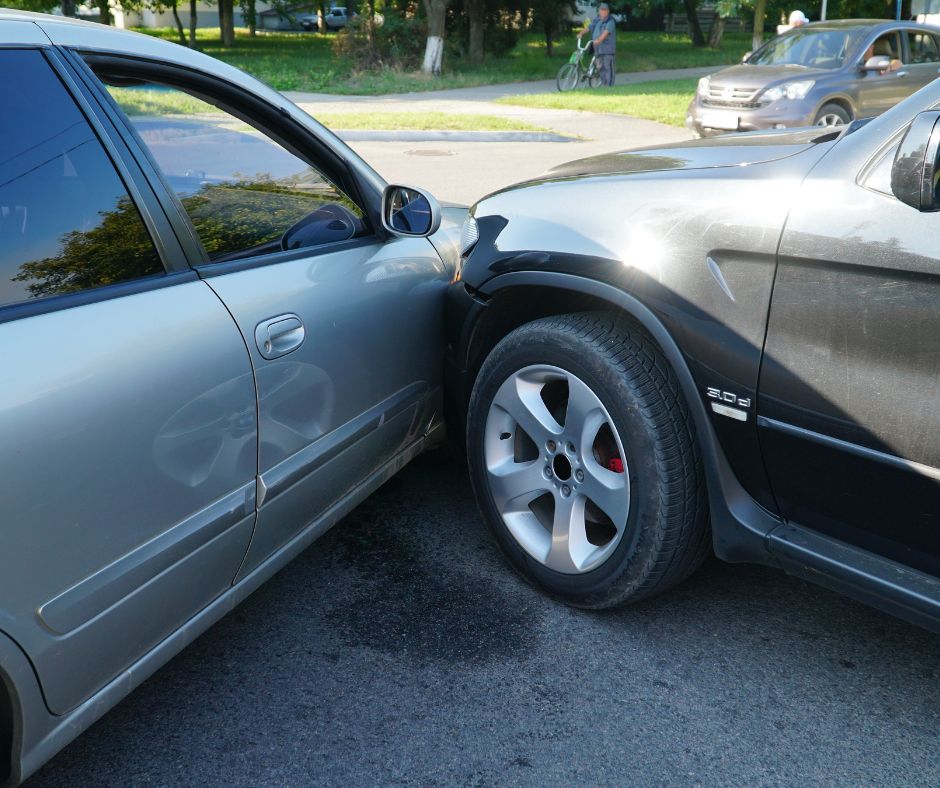



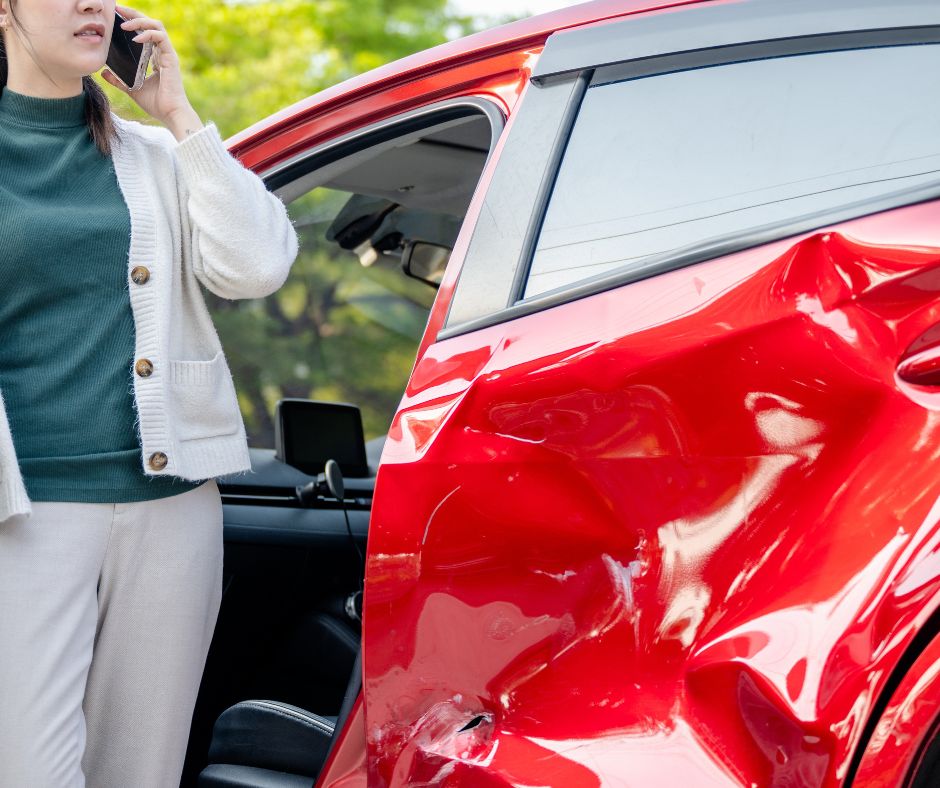
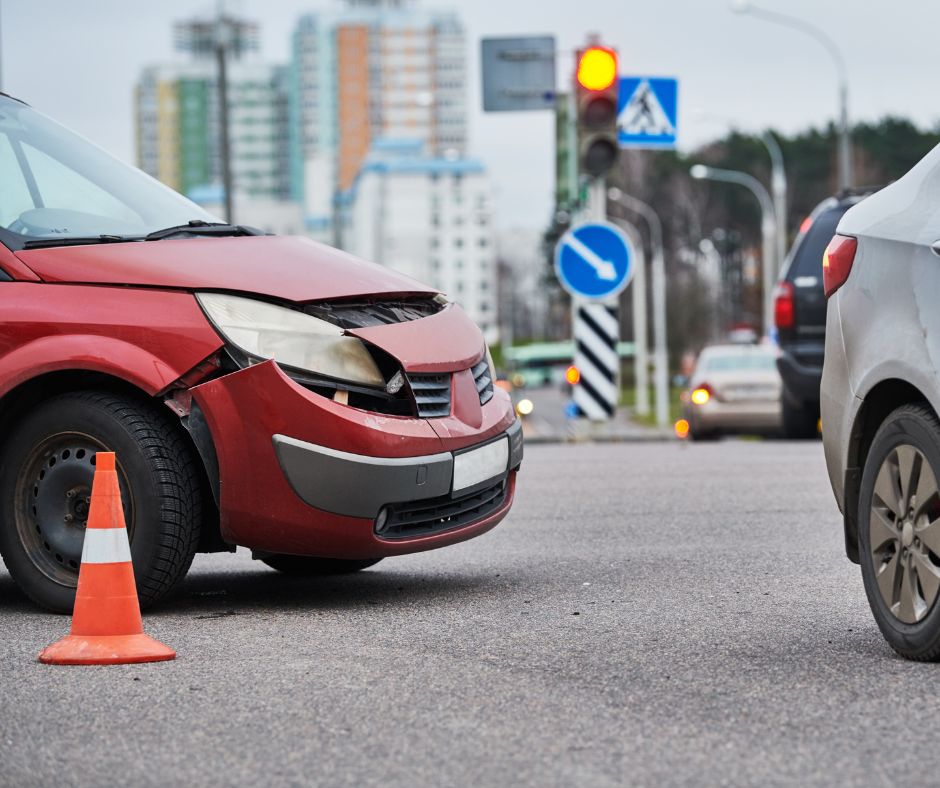



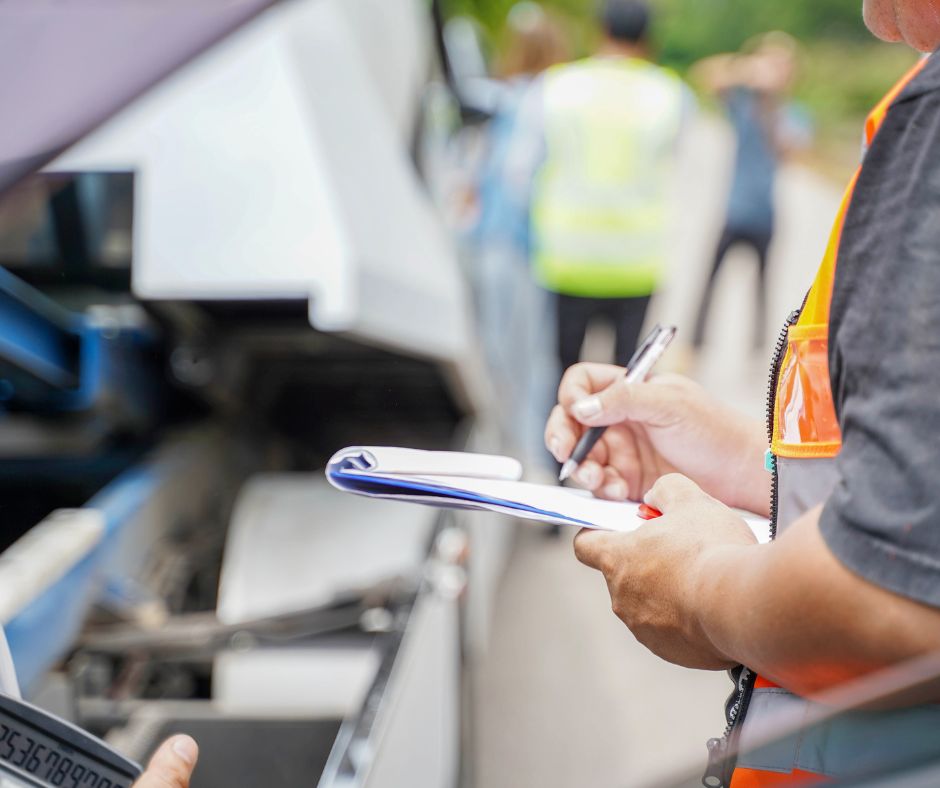

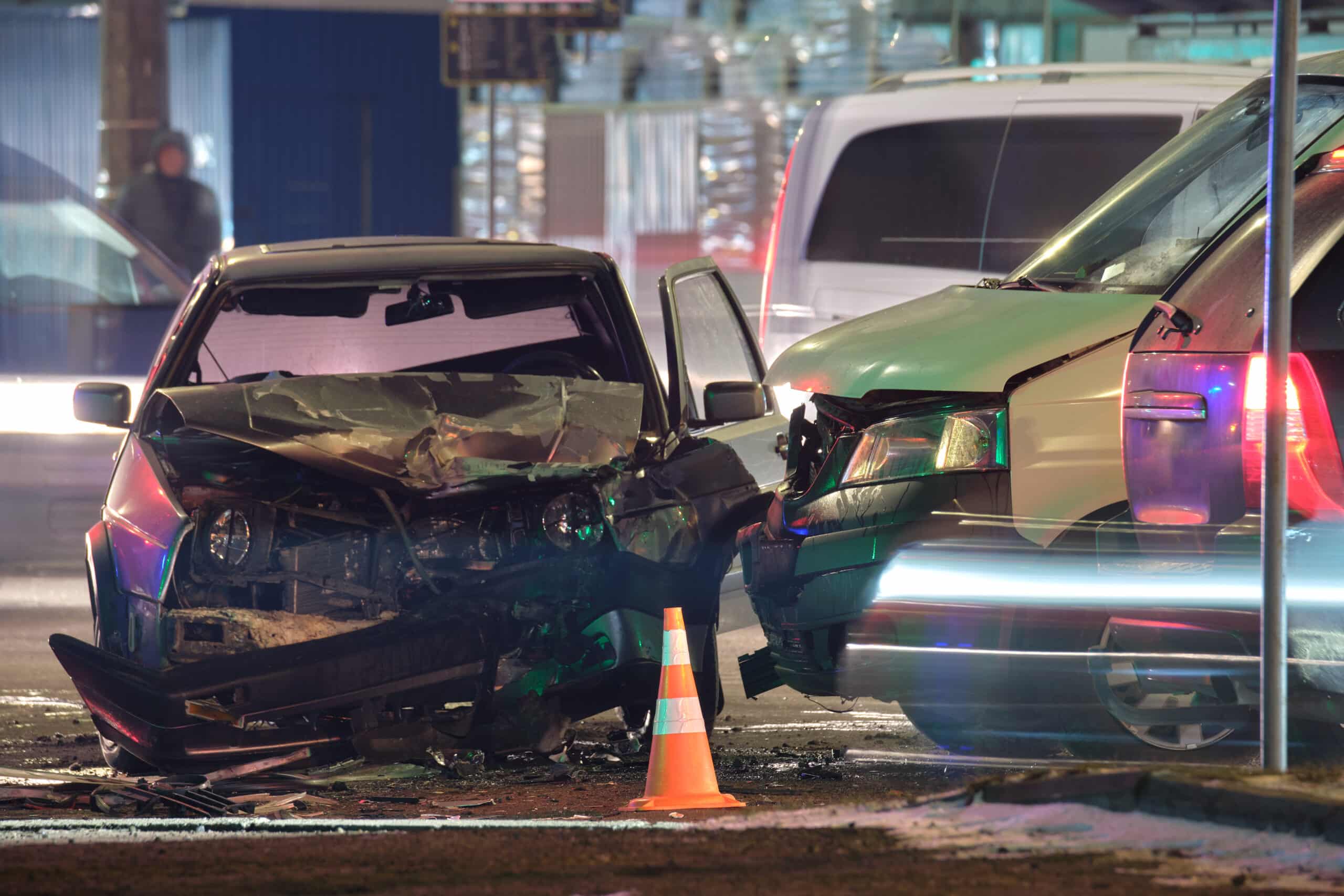





 EMAIL
EMAIL  Ask AI
Ask AI  Access
Access